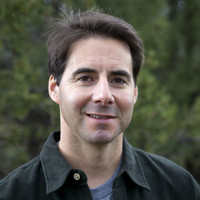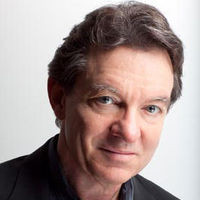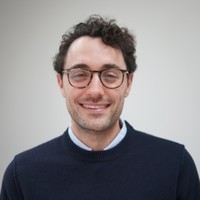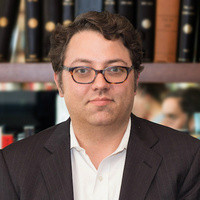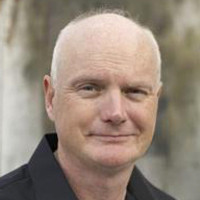Katie Engelhart is a journalist and the author of the new book The Inevitable: Dispatches on the Right to Die.
“Billions of dollars of government money goes to the nursing home industry every year. And nobody has a nursing home correspondent. Nobody has an assisted living correspondent…. That's wild to me. As a journalist, someone tells me, Oh, there's an industry. It's hugely underregulated. It's getting billions of dollars a year. It is not super-accountable for that money. Who wouldn't want to cover that?”
Thanks to Mailchimp for sponsoring this week's episode.

